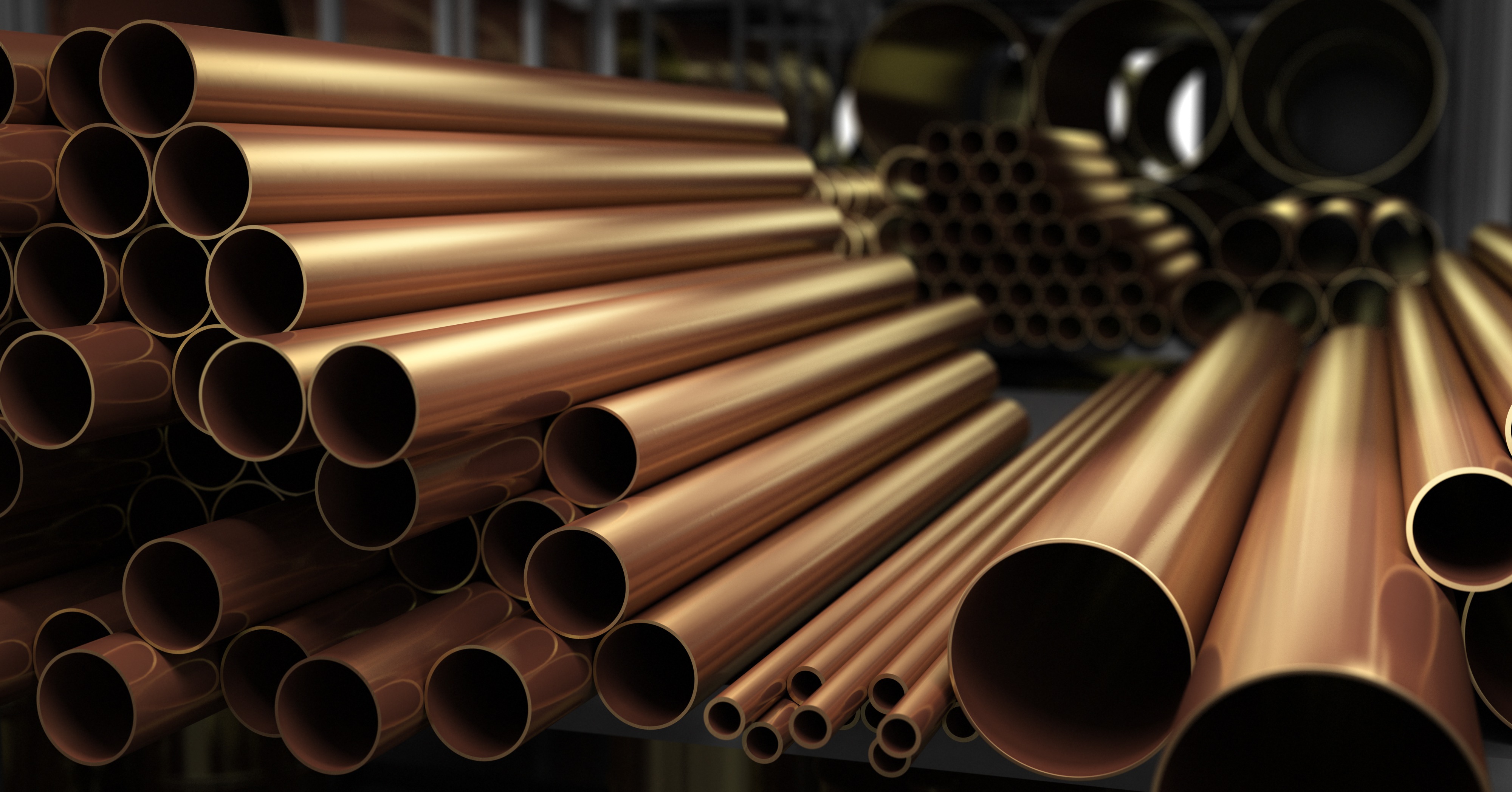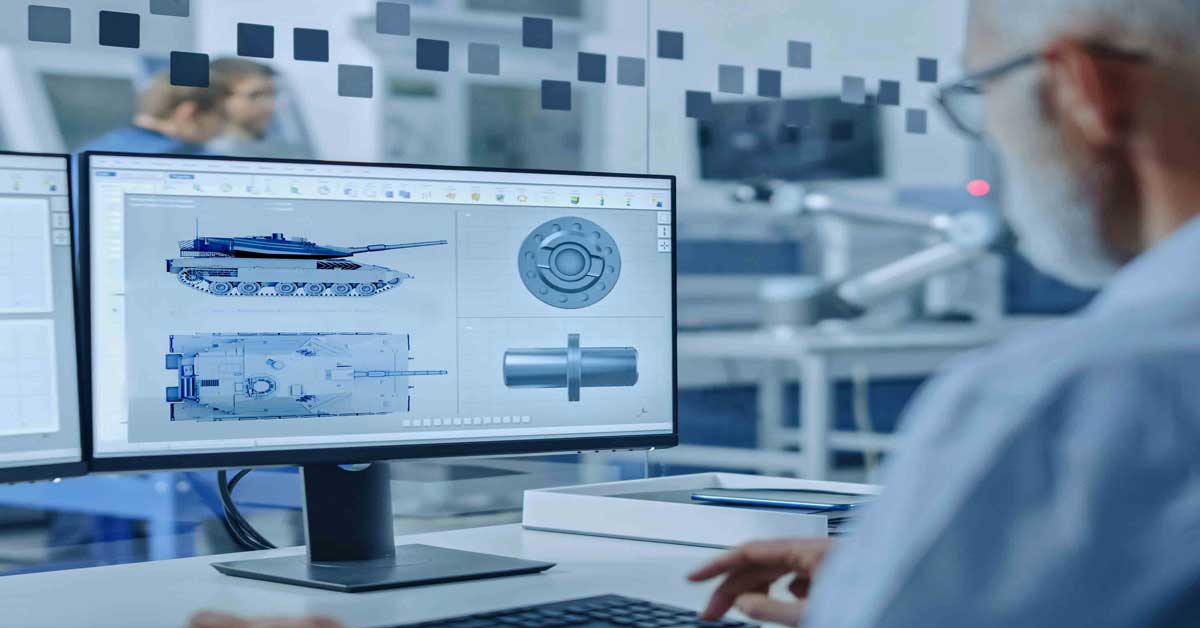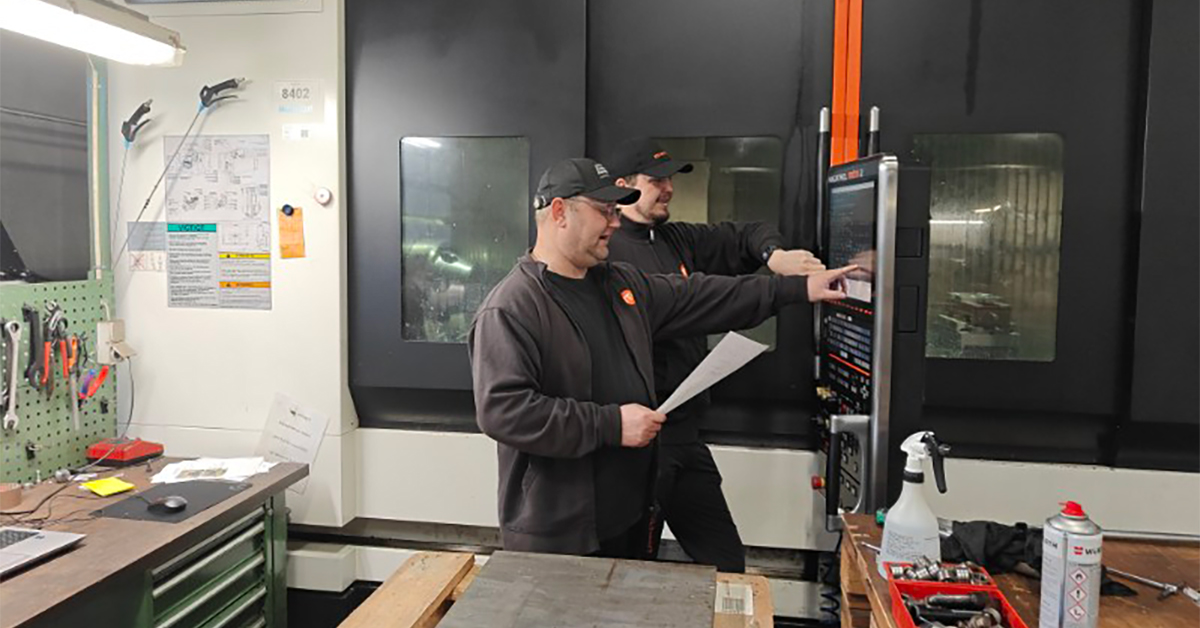Why quality management systems matter in defense manufacturing
When it comes to defense manufacturing, precision isn’t just a goal — it’s a requirement. In an industry where the smallest deviation can compromise...
“Ordinary” metals and exotic metals. What’s the difference and why can certain metals be used for some applications while exotic metals are required for others? Almost every industry employs exotic materials - especially industries that need materials with features such as wear resistance, lightweight properties, or high strength which exotic metals possess. Exotic metals require skills and experience to manufacture - an experience that Multicut has perfected.
As a house of manufacturing professionals, we know that some environments are too harsh for standard components. Corrosion resistance, strength failure, and heat tolerance are some of the most common problems. This is where exotic metals enter the picture. With their improved performance, including excellent corrosion resistance, superior strength, and higher heat tolerances, exotic metals will increase the value, safety, and durability of any manufactured solution.
Exotic metals are manufactured through a controlled and specialized process, making them stronger than "ordinary metals". In fact, exotic metal components are up to 35% stronger than average steel materials.
What makes exotic metals considerably stronger than ordinary metals is the chemical properties of the material. Exotic metals are typically compiled from a single element or a controlled mix of several elements that redefine the properties of each metal - making them some of the strongest metals available.
In contrast, ‘ordinary’ metals are made through well-known and generic processes. They are typically the standard grades of a particular metal - such as copper, aluminum, steel, stainless steel, or brass.
As a high-performing alloy of stainless steel, magnesium, titanium, or the like, exotic metals are particularly developed to adapt to specific standards of strength and tolerance. The more complex the material is, the more it requires the right skills and experience to cut, mill, and shape it. Anything from tooling, fixtures, and cutting speeds to how you store and handle exotic metals differs from conventional metals.
At Multicut we have years of experience in machining exotic metals and continuously invest in the required technology to stay ahead of development. These are merely some of the reasons why we excel in machining exotic metals as well as we do conventional metals.
Exotic metals have a wide-ranging number of benefits that our customers can exploit using these materials. Some of the enhanced performance properties that exotic metals include are:
These performance properties give components made of exotic metal better working conditions which allow manufactured solutions to perform better in areas that are particularly demanding in terms of performance levels, strength, resistance, tolerance, etc.
Industries that are particularly in need of high-performing metals are industries that operate within the fields of:
Each type of metal has its own advantages and disadvantages. This means that the metal's reliability must be considered when assessing whether the right material is chosen for the right conditions.
For example, stainless steel is both strong and corrosion-resistant, but unlike exotic metal, it cannot withstand extreme heat. Therefore, stainless steel should not be chosen for a component that must withstand heat, as it would not be able to perform as strongly as required. It is always important to understand and analyze what environment the component will be exposed to. For this reason, material determination should always be part of the first step when assessing a new manufacturing project.

At Multicut, we use a wide variety of exotic metals in our manufacturing projects and have extensive experience in manufacturing any type of exotic metal. As previously mentioned, it all depends on what environment the material is required to endure. Titanium is often used in fighter jets and car racing applications because it is a light material, almost as light as aluminum, but far stronger, which makes it more suitable for use where low weight is essential and high performance is a priority.
Duplex and Super Duplex can be found in Chemical processing, Petrochemical, Marine, and Oil & Gas production industries. Both super duplex and duplex stainless steel consist of the same three metals: chromium, nickel, and molybdenum. Super Duplex has a higher level of chromium than duplex. This makes it more able to withstand corrosive environments for a longer time such as those found in petrochemical or marine industries.
Downtime and product failure will always cost you both money and time. If you choose the right material for the right environment the first time around and take advantage of the numerous benefits that exotic metal components provide, you will increase reliability and reduce costly expenses. This means that exotic metals may be a more economically beneficial solution for your company, depending on the requirements of your applications.
Whether you are seeking options for a new product or already have an existing product that you want to put into production, Multicut can help you to machine and develop it. So, no matter what material you choose to use, we excel in any type of metal machining.


When it comes to defense manufacturing, precision isn’t just a goal — it’s a requirement. In an industry where the smallest deviation can compromise...

Even in an ever-changing security landscape, one thing remains abundantly clear: Europe is in dire need of a massive defensive scaling up and the...

The next generation is upon us. At Multicut, we take pride in educating highly skilled and independent apprentices, making sure they gain real-life...